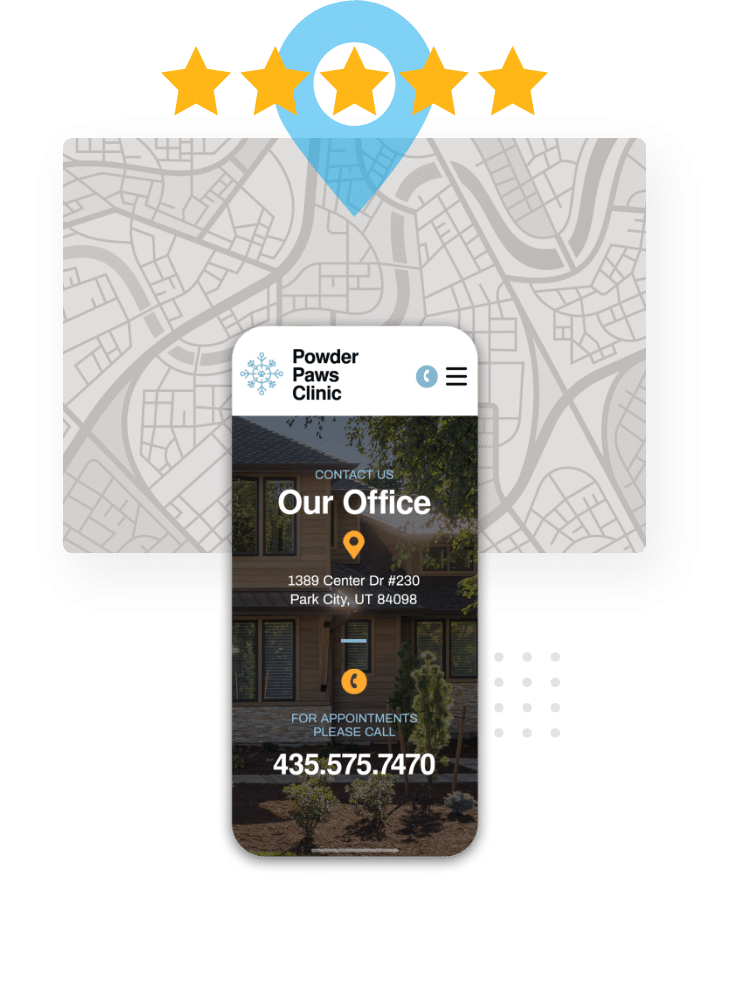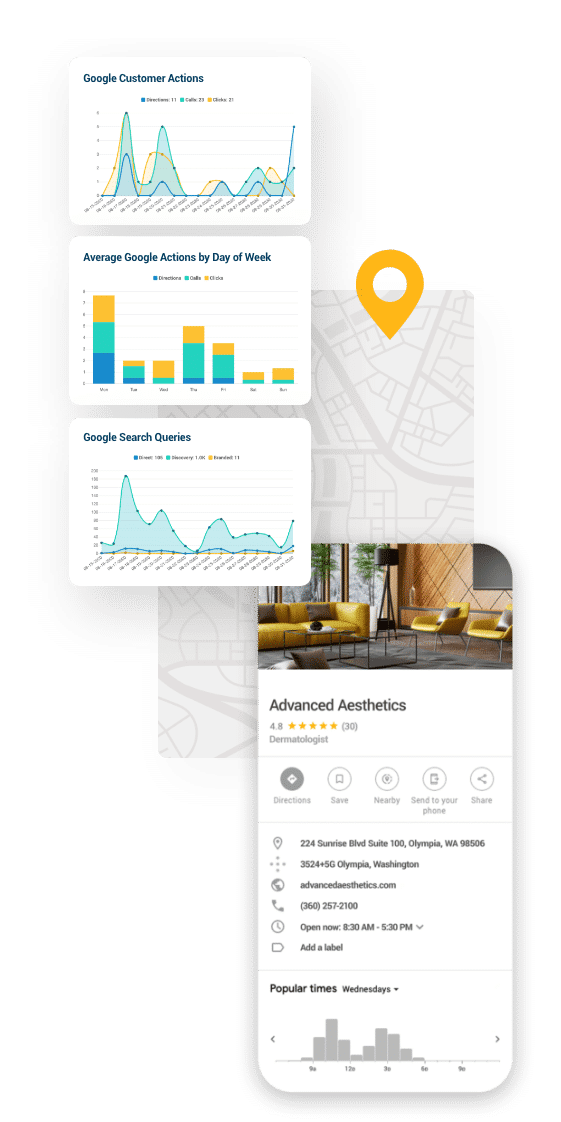Gain trust and credibility with listings that are always accurate.
Are you losing business from inaccurate listings? With no effort on your part, Local Power keeps all of your information consistent!
Inconsistencies in online directories will cost you business.
Improving the accuracy of your local listings will improve your business’ search power.
If you've been in business for a while, it's likely a number of incorrect and duplicate listings already exist for your business. Search engines are easily confused by conflicting information, which results in a negative impact on traffic to your website. It’s not your fault! Automated bots create these listings for you without your permission or knowledge simply by scraping information from the Internet. You can’t eliminate these listings, but MyAdvice's Local Power platform can fix and manage them for you!
Local Power alleviates the burden of submitting to each of these directories manually. Our software syncs your data across all applicable directories to help people quickly find your business on the go. It submits the same listing everywhere through one convenient portal, and often, the information is further aggregated to an infinite number of additional online directories.
Use our free tool to see how your website is listed across multiple directories and identify initial areas of improvement.
Consistency matters.
Local Power saves you time and effort by aligning all of your listings to make sure you stay visible.
Local Power provides accurate and information-rich listings across the web, allowing you and your website to be seen by search engines with greater authority and higher credibility. This translates into more traffic to your website, more people through your doors, and increased revenue for your business!


Highly effective local SEO strategies.
With nearly half of all searches being local, it's critical that your local listings stay accurate.
Align your directory listings and keep them accurate to improve your local visibility.
Verifies All Listings — Ensure all of your listings are accurate across more than 60 local search engines and 15 mobile apps and mapping sites including Bing, Yahoo! And Yelp
Constant Monitoring — Automatically fixes any inconsistencies that may arise with your business information in the future
Listing Optimization — Enhances content monthly by submitted descriptions, services, photos, videos, and more
Increased Leads — With little to no time investment on your end, you will receive more web traffic and conversions
Did you know...?
of consumers who perform a local search ultimately visit a store within 5 miles of their current location.
of people will call or visit a business within 24 hours after a local business search on a mobile device.
of people perform a local business search every day. 86% of them use Google Maps.
Get found when people search locally.
Drive more people to your practice by appearing in their local searches -- without breaking the bank.




